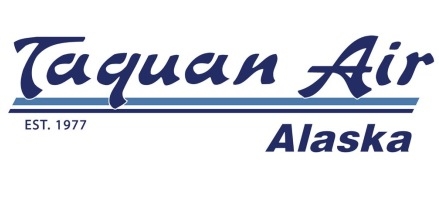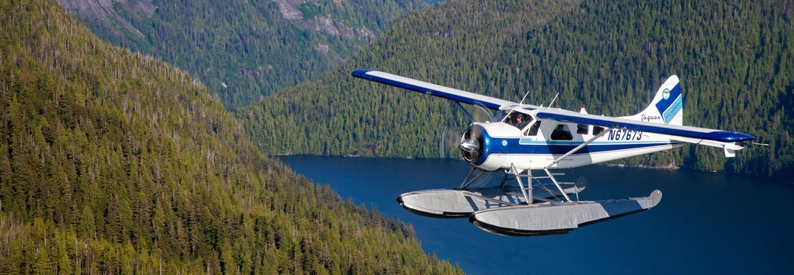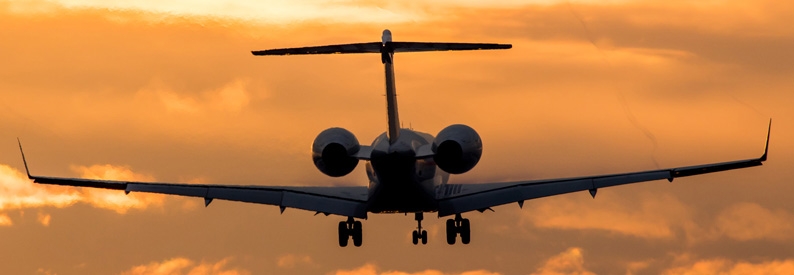Taquan Air (K3, Ketchikan International), which conducts passenger and cargo flights from its base in Ketchikan in southeastern Alaska to remote parts of Alaska, as well as sightseeing tours for cruise ship passengers, has voluntarily suspended its operations after a second fatal crash in one week.
Six people were killed on May 13 when one of its aircraft, a DHC-3, collided with a DHC-2 operated by Mountain Air Service (Ketchikan Harbor SPB). Both were inbound toward Ketchikan when the collision occurred, the National Transportation Safety Board said in a preliminary report published on May 22.
A week later, on May 20, a Taquan Air DHC-2 Beaver aircraft crashed near the village of Metlakla killing both people on board.
“It’s been a really heavy and heartbreaking time for us,” Taquan Air said in a statement posted on its website. “We have voluntarily suspended all of our operations until further notice.”
The board is continuing to investigate the fatal Alaska accidents, plus a third involving a privately owned Cessna A185F Skywagon near Valdez on May 21. Major NTSB investigations can take up to 24 months to complete, it said.
While stressing that no causes have yet been determined, Robert L Sumwalt, chairman of the NTSB, said in a statement on May 22 that “each crash underscores the urgency of improving the safety of charter flights by implementing existing NTSB safety recommendations.”
Referring to Federal Aviation Administration (FAA) regulations, he called on Part 135 operators such as non-scheduled charter and air taxi operators to implement safety management systems, record and analyse flight data, and ensure pilots receive controlled-flight-into-terrain avoidance training. Major passenger airlines, which operate under Part 121, have increased safety by adopting these measures, he added.
The FAA said it regularly performed unannounced surveillance on floatplanes like those involved in the Taquan Air crashes and pledged increased oversight of Taquan, CBS News reported.
- Type
- Base
- Destinations
- Routes
- Daily Flights


